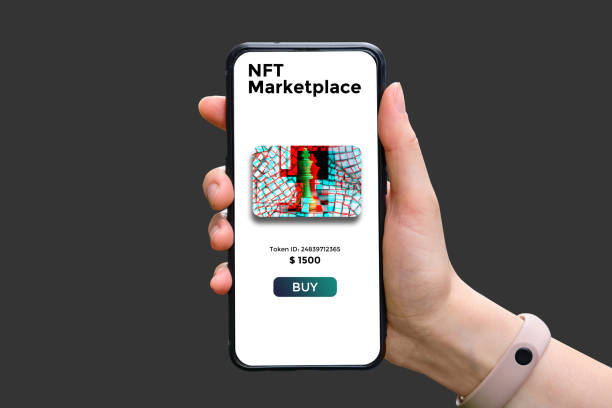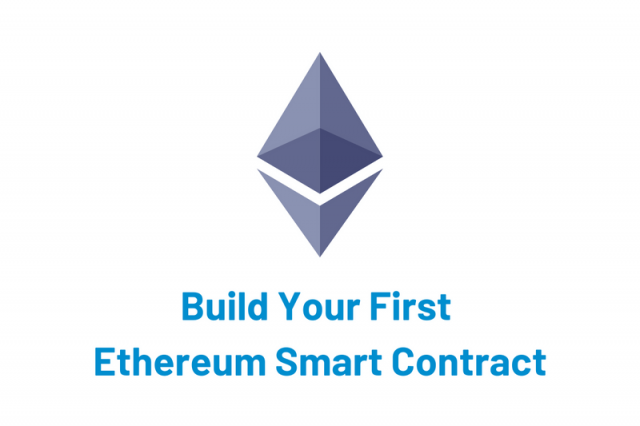In a wide range of blockchain use cases, smart contracts are crucial. The importance of NFT smart contracts in particular is rising as interest in the metaverse and Web3 rises. Here is a brief introduction to NFT smart contracts, their operation, and their potential applications.
Did you know that NFTs are controlled by smart contracts and exist on the blockchain? Whenever you buy or sell an NFT, you almost certainly use smart contracts to carry out the transaction.
Learn more about this dependable software program and how it may be used to verify ownership, stop counterfeiting, and other things.
A Smart Contract: What Is It?
A smart contract is a piece of software that is kept on a blockchain and that, when certain criteria are satisfied, automatically enacts certain activities. In a decentralized system, two parties can communicate by using a smart contract in place of the usual middleman to conduct transactions. Smart contracts have been utilized by blockchains, such as Bitcoin and Ethereum, to speed up transactions and automate procedures.
What defines “smart contracts”? These lines of code streamline operations and eliminate human mistakes, thereby cutting the time and expense of conventional contracts. In addition
to mitigate human error, smart contracts provide additional advantages that are crucial for the blockchain sector.
Benefits of utilizing smart contracts
● They make it possible for parties to interact without knowing or needing to trust one another by facilitating transactions in a trustless system.
● They reduce expenses and increase speed by eliminating the need for middlemen and paperwork.
● They are more secure since they are immutable and cannot be altered after deployment.
● When smart contracts are used on a public blockchain, everyone can see them and they are transparent.
● They are adaptable for a variety of uses since they can be customized before use.
● They only carry out the tasks that have been designed for them because they are deterministic.
● Human error is not a possibility because they are automated.
● Despite this, unlike conventional contracts, smart contracts are not actually legally binding. Thus, while these lines of code aid in executing results on a blockchain, they are unable to enforce off-chain agreements.
Utilizing Smart Contracts to Create NFTs
Through a process called minting, which entails transforming pictures, movies, sound snippets, and other digital media into cryptographic assets on a blockchain, NFTs are produced. In essence, you configure the smart contract code that determines the characteristics of your crypto assets when creating the NFT Minting Website.
For smart contracts, a number of standards have been designed to guarantee that NFTs can readily communicate with applications. For instance, several smart contract blockchains like TRON, EOS, and Tezos have NFT creation tools.
NFTs created on various platforms would not be able to trade on the same NFT marketplaces if there is no agreed-upon standard for how smart contracts, and ultimately NFTs, should be constructed.
Standards for constructing NFTs using smart contracts
As the first non-fungible token standard on Ethereum, ERC-721 is one of the most popular standards among those accessible in the crypto world. This standard is widely used by many to produce and launch NFTs because it was a pioneer in the NFT minting industry. Other
standards may not enforce the rule that all tokens must be non-fungible and have distinct token IDs, which is one that ERC-721 does.
In addition to ERC-721, there is another standard that is primarily used in the NFT gaming industry. Both fungible assets, such as in-game currency, and non-fungible assets, such as limited edition skins, are supported by the ERC-1155 standard.
The metaverse, NFTs, and smart contracts
The metaverse is a 3D digital environment that connects the real, virtual, and financial worlds. The metaverse would include NFTs, blockchain games, and cryptocurrency as we currently understand and utilize it.
Given that smart contracts constitute the backbone of NFTs, it should come as no surprise that they are an essential tool for creating the metaverse. For instance, smart contracts may be able to support the current metaverse’s NFT art and gaming industries. Smart contracts can also be used to ease monetary transactions, removing the need for a middleman and lowering the friction of interactions on the metaverse.
Smart Contract Use Cases in Additional NFTs
● Verifying legitimacy and enforcing ownership
Data authentication and ownership enforcement are two benefits of using smart contracts to create NFTs. Anybody can access information regarding ownership and creation time if these NFTs are hosted on open blockchains.
In the case of digital degrees, educational institutions may provide distinctive NFTs to students on open blockchains. Employers wishing to hire students can use the applicable block explorer to conduct a search to confirm the validity of a candidate’s degree. Anyone can access the public information stored on the blockchain using this search engine.
NFT licensing can also be included in this. The next NFT token holder can quickly generate a record of the transferred rights to an image or music file. Anyone can examine the ownership as well as the rights granted to purchasers.
● Preventing infringement and fraud
Smart contracts can also aid in the fight against plagiarism and piracy through NFTs. Smart contracts can automatically verify an NFT or token’s creation time and location because they are built on the blockchain, specifically, the first logged wallet address. Additionally, smart contracts can track the ownership of creative works, thwart phony certificates, and aid in the eradication of counterfeit goods. For instance, if such products do not satisfy particular requirements, they may be automatically filtered away.
● Facilitating commercial transactions
The speed and safety of company transactions can both be enhanced using smart contracts.
When two parties enter into a smart contract, the previously agreed-upon outcome is guaranteed to be enforced after the conditions have been met. The elimination of trust-related delays makes the transaction process more effective. A smart contract can reassure parties that may not trust one another by executing the transaction as soon as the conditions of the contract are satisfied.
Think about the home-buying procedure. A smart contract can simultaneously disburse payments to the seller and transfer ownership to the buyer as soon as the buyer has satisfied all of the requirements, including a successful down payment and successful credit checks. The transfer of a title deed may be part of the transaction, which will also be recorded on the blockchain for simple verification.
The Last Wise Words
Since they can be tailored, smart contracts can be used in practically any business. The significance of smart contracts is anticipated to increase with increased NFT adoption and the growth of the metaverse as they serve as the foundation for one of the hottest classes of digital assets available today.












